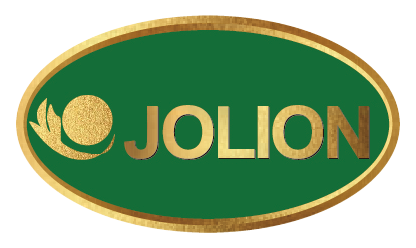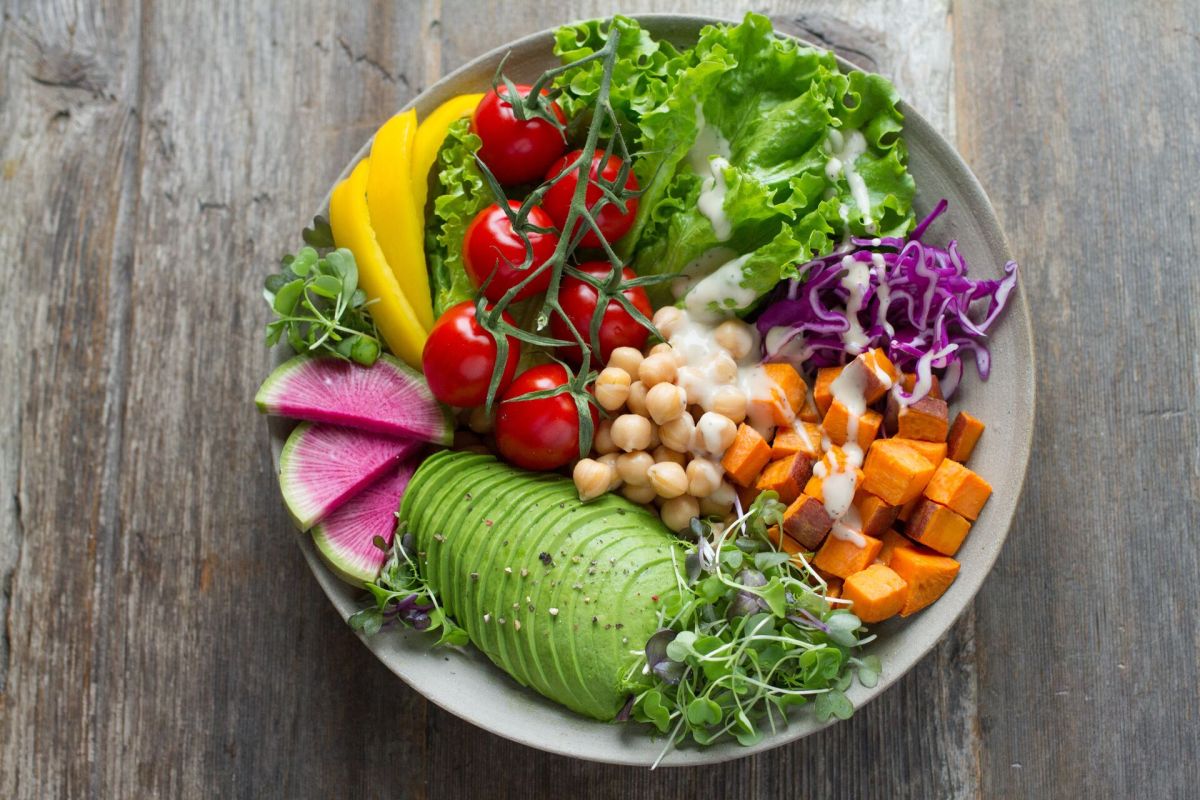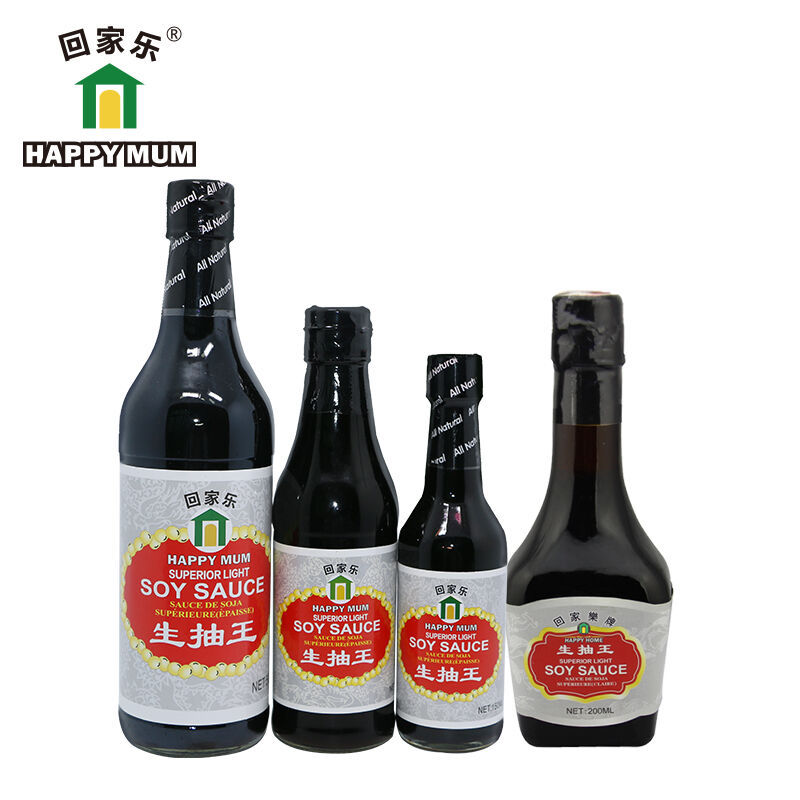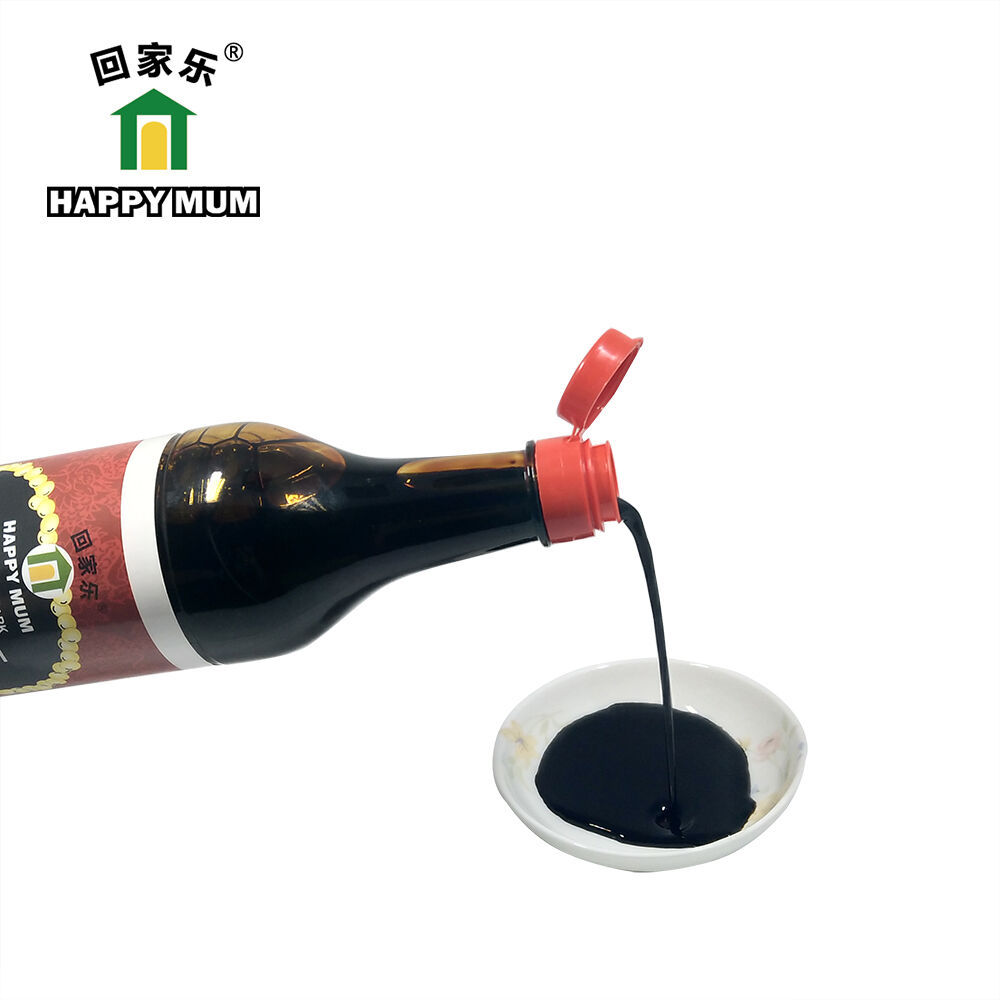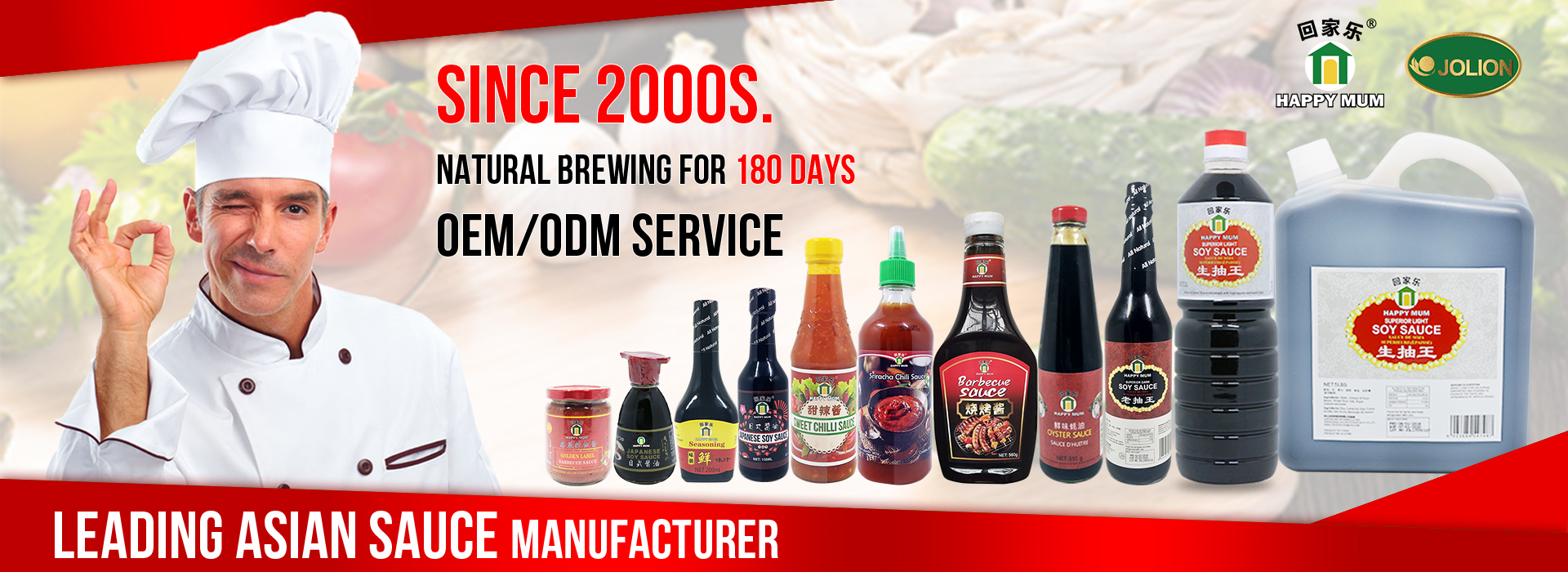
- Can I Put Sesame Oil on My Face?2026-02-04As the search for natural skincare solutions continues, many people are asking, "Can I put sesame oil on my face?" Sesame oil, derived from pure, selected sesame seeds, has been a staple in Asian cuisines for its rich flavor and health benefits.
- Can I Put Sesame Oil in Ramen?2026-02-04As culinary experimentation becomes more popular, many home cooks and chefs wonder, "Can I put sesame oil in ramen?" Sesame oil is a flavorful ingredient known for its rich, nutty taste, making it an excellent addition to many dishes.
- Can Diabetics Eat Sesame Oil?2026-02-04As health-conscious choices become increasingly important, many people wonder, "Can diabetics eat sesame oil?" Sesame oil has been a staple in various culinary traditions, especially in Asian cuisines, known for its rich flavor and numerous health benefits.
Is soy sauce vegan
Is soy sauce vegan? No need to worry! Jolion Foods' soy sauce is vegan-friendly and can be enjoyed by vegans to add flavor to their dishes."
But why? Keep reading, we will explain more details about soy sauce: the ingredients, production method, types of soy sauce, etc. In the end, we will explain why soy sauce is vegan-friendly.
1. What is Soy Sauce
Soy sauce is a salty liquid seasoning from China. It is called 'soy' in American English, 'soya sauce' in Canadian English, and sometimes in British English. Traditionally, people make it by fermenting soybeans, roasting grains, and using Aspergillus oryzae or Aspergillus sojae molds (fungi). It contains flavor and aroma.
The production of soy sauce started about 2,200 yrs ago during the Western Han dynasty of ancient China. It prevailed throughout East and Southeast Asia to use in cooking as a condiment.
2. Soy sauce ingredients
The primary soy sauce ingredients are as follows.
Soybeans
Soybeans contain proteins in bulk, and these are used for making Soy sauce. The proteins of soybeans after undergoing fermentation gives flavor to soy sauce.
Wheat
Most of the soy sauces contain wheat while tamari ( a Japanese soy sauce) rarely contains it. The carbohydrate present within the wheat grain gives a typical aroma to the condiments. It also produces sweetness in the product.
Salt and Water
Salt and water are mixed to produce brine (solution of salt and water) which is the place for fermentation. The conservative values of salt assist keep bacteria in check after the fermentation of soybeans.
Fungal and Bacterial Cultures
No doubt, these are not ingredients but fungal and bacterial cultures play a vital role in the production of soy sauce. A common filamentous spore of fungi (Aspergillus oryzae also known as ‘koji’)is used in this procedure. Lactic acid bacteria can be derived from animals, but it also naturally appears in the fermentation of plants. Trusted soy sauce brand - Jolion Foods, produces soy the traditional way and uses naturally occurring lactic acid from plant.
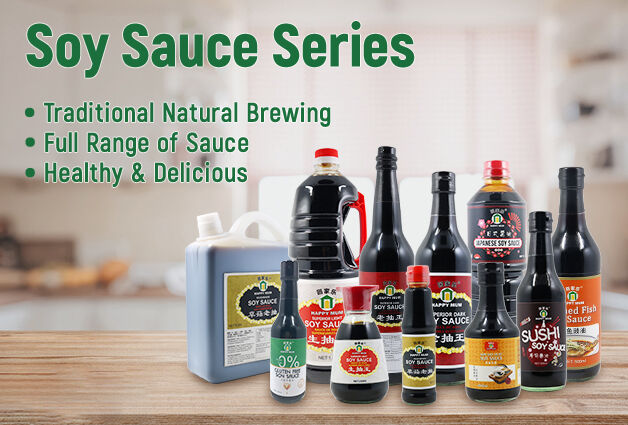
3. Is soy sauce vegan?
It is difficult to argue that soy sauce is not vegan because it contains only vegan ingredients. Soy sauce is made from ingredients that are all plant-based. This means that soy sauce does not contain any animal products. Therefore, it can be considered a vegan condiment.
Some bacteria called lactic acid bacteria are necessary for fermenting plants like beets. So choose Jolion Foods vegan soy sauce, and you'll be all right.
So, the conclusion is yes, soy sauce is vegan. Feel free to contact us if you have any quastion.
4. How to make soy sauce?
There are two applicable methods for the production of soy sauce: Traditional production and Chemical production. Now let's read more details.
(1) Traditional Production
Traditionally, people produce soy sauce by soaking soybeans with water and roasting the wheat. After roasting, the wheat undergoes crushing. Cultured fungi, most often Aspergillus, combine soybeans and wheat. Then the entire mixture was kept for two to three days to grow.
After adding water and salt, we keep the whole mixture in a fermentation tank for five to eight months.
During the fermentation process, fungal enzymes attack the proteins of soybeans and wheat and convert them into amino acids. The starches are broken down into Monosaccharide. Then they are converted to lactic acid and alcohol after fermentation.
After the whole procedure, collect the mixture onto a cloth and force it to become liquid. Then this liquid undergoes a pasteurization process to kill microbes (bacteria). At last, it is filled in bottles to sell.
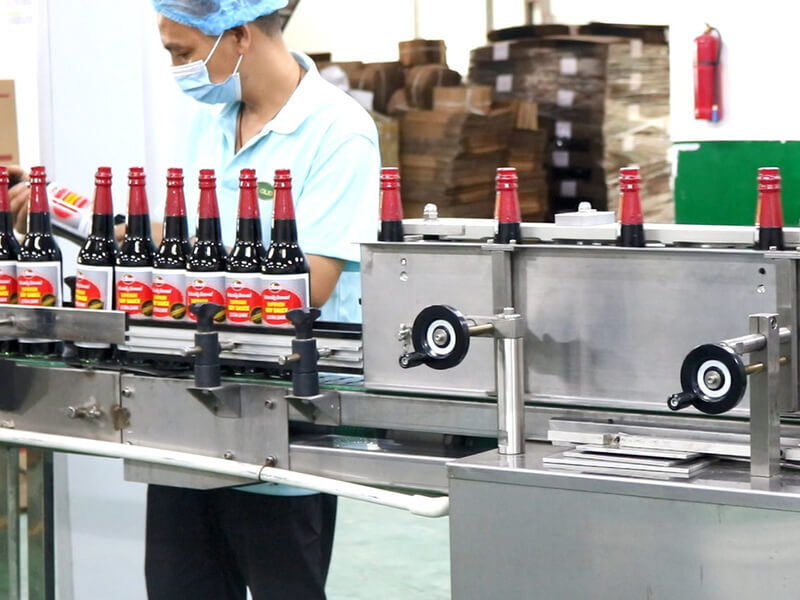
(2) Chemical Production
Chemical production is an economical and faster method for the production of soy sauce. In this procedure, soybeans undergo a heating process up to 176oF (80OC). Then these are combined with hydrochloric acid. This process converts the proteins of soybeans and wheat into amino acids.
The final product doesn't look as good because it's missing some ingredients typically used in traditional soy sauce production. Therefore, additional pigments, aroma, and salt are mixed.
Moreover, this method creates some by-products including some carcinogens (cancer-causing agents).
When you visit grocery stores to purchase soy sauce, if it's chemically manufactured, the ingredients will be listed as 'hydrolyzed soy protein' or 'hydrolyzed vegetable protein'.
5. Types of soy sauce
Ancient soy sauce is of three types.
I. Light soy sauce.
II. Dark soy sauce.
III. Regular soy sauce.
Chinese Light soy sauce
As its name implies, is light in color and obtained from the early stages of the production process. It has a mellow flavor.
Chinese Dark soy sauce
It matures more than light soy sauce and has been kept to develop its flavor and aroma. It also gives sweetness to dishes by adding caramel.
Chinese Regular Sauce
It is a combination of both dark and light soy sauces that make it perfect for common cooking purposes.
Nevertheless, other countries also have been producing variations in soy sauce such as Japanese variations like koikuchi and usukuchi.
Usukuchi
It is a Japanese light soy sauce and has perfection in terms of taste. It is slightly salty but sweet with an attractive flavor. The sweetness in it happens to come from the Japanese sweet rice wine, mirin, and other common ingredients.
Koikuchi
It is the most widely consumed soy sauce in Japan. It covers around 80% of the country’s market share. People in the West are familiar with the koikuchi, which is commonly found in supermarkets in the US and UK. It is applicated in a wide range of dishes.
6. Where to buy vegan soy sauce?
JOLION Food is a Chinese company. We specialize in producing a wide range of soy sauces. These sauces come in various colors, flavors, and aromas. Our team of biotechnologists specializes in making different types of soy sauces using fermentation. This process creates sauces that have a pleasant aroma, taste, and flavor.
We also provide OEM and wholesale, private label sauce services with factory price. Best quality, best price, fast delivery. Start your business here!
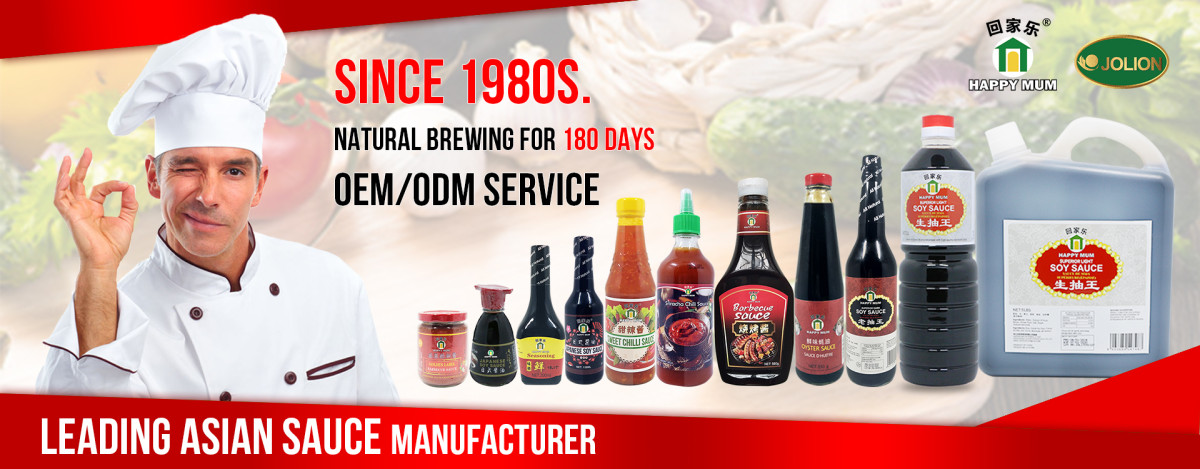
Start Your Seasoning Sauce Business by a Free Quote
GET FREE QUOTES
If you are interested in our services, let's have a try on the first project
